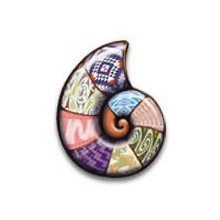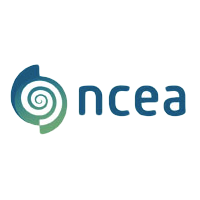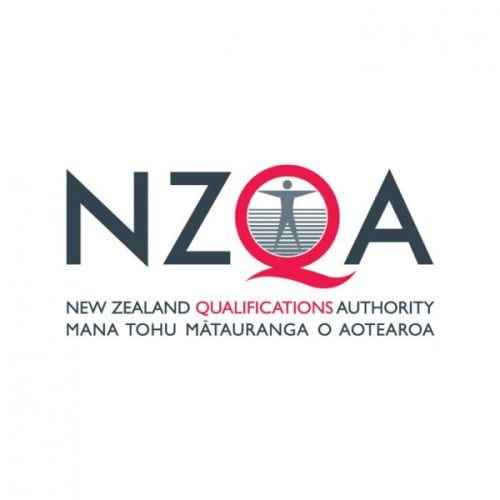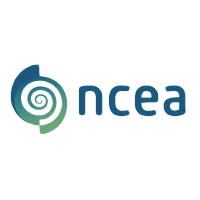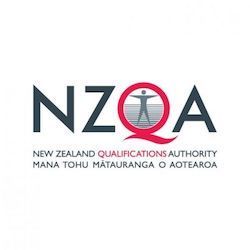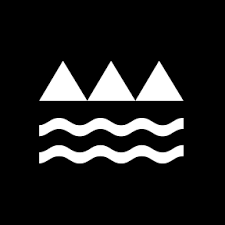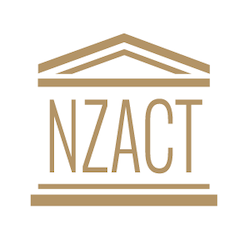Classical studies
We are preparing to close this site soon as this content has now moved to Tāhūrangi.
Tāhūrangi is the new online curriculum hub for Te Tāhuhu o te Mātauranga | Ministry of Education.
Nau mai haere mai
The classical studies area of Social Sciences Online provides curriculum and assessment information, resources, and useful links to support the teaching and learning of classical studies in years 11–13.
Classical studies is a multidisciplinary learning area in which students learn about the literature, art, history, and philosophy of the classical world.
It involves the study of the civilisations of classical Greece and Rome without studying the classical languages, Greek and Latin. Drawing on the traditions and pedagogies of literary subjects, art history, history, and philosophy is central to classical studies.
You can browse the content in this section using the tabs below.







